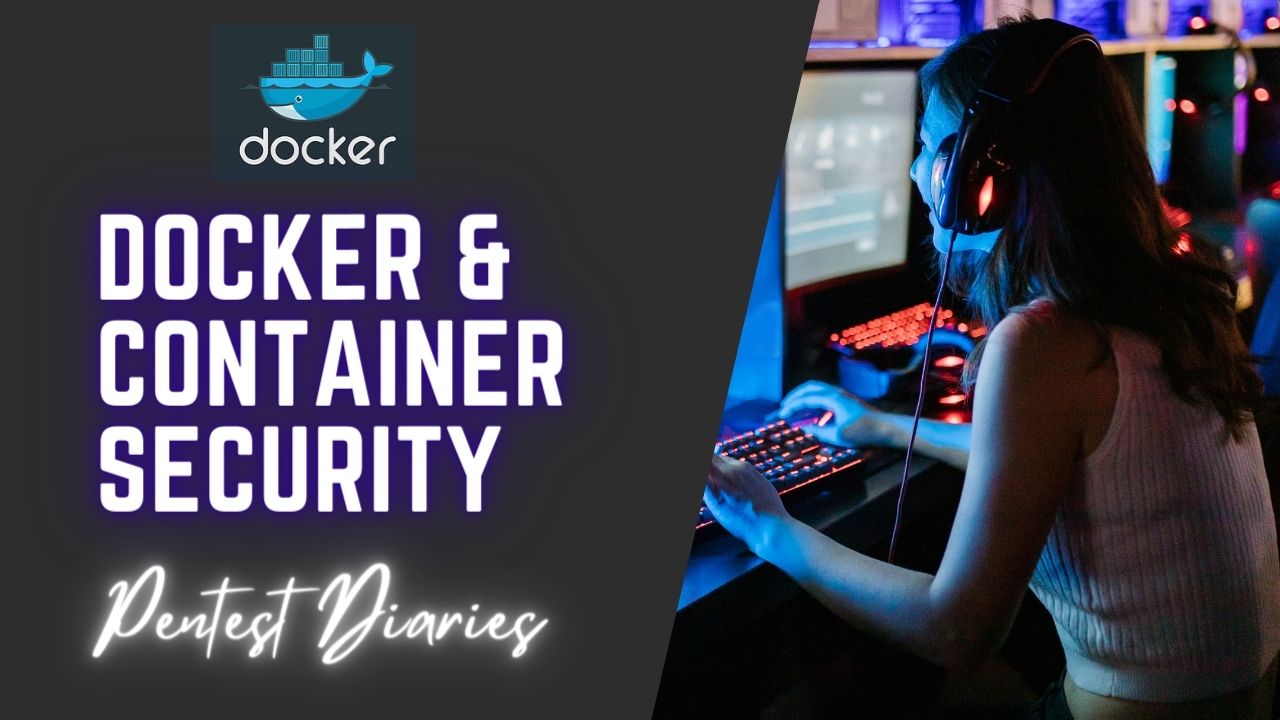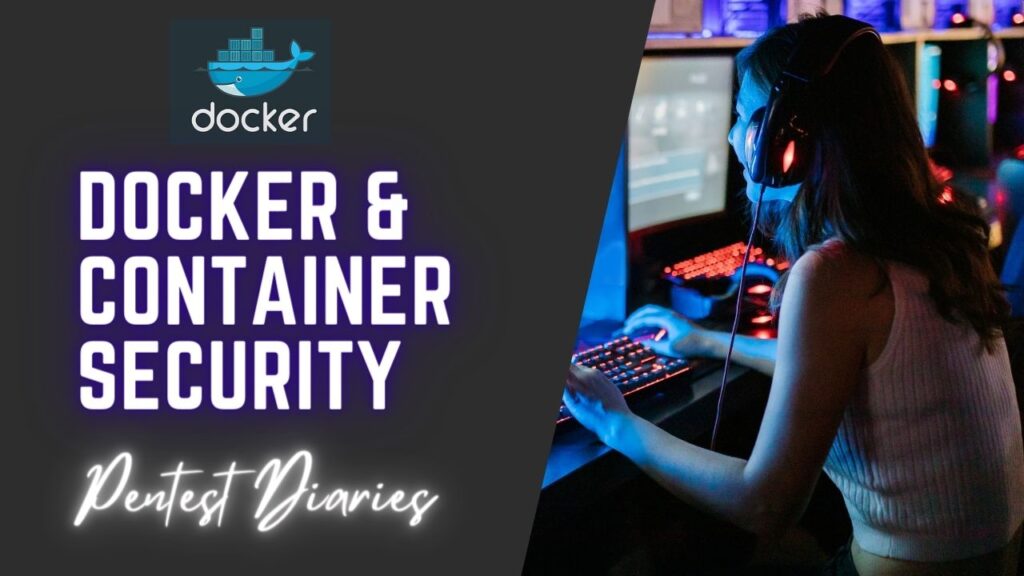Docker & Container Security – Future of Docker and Containers

Docker and containers have already revolutionized software development and deployment, but their potential for future use cases continues to expand as technology evolves. Here are some potential future use cases for Docker and containers:
The future of Docker and containers is brimming with potential, with several exciting use cases poised to gain traction:
1. Continued Dominance in Microservices Architectures:
Microservices, the architectural style of breaking down applications into smaller, independent services, perfectly aligns with containerization. Docker containers provide a lightweight and portable way to package and deploy these services, enabling:
- Faster Development Cycles: Developers can work on individual services in isolation, accelerating the overall development process.
- Improved Scalability: Scaling individual services based on demand becomes a breeze with containers.
- Enhanced Fault Tolerance: If a container fails, it can be easily restarted without impacting the entire application.
2. Seamless Integration with Serverless Computing:
Serverless computing, where you pay only for the resources your code uses, is gaining popularity. Containers can play a vital role in this space:
- Containerized Functions: Functions can be packaged as Docker containers, offering greater flexibility and control compared to vendor-specific serverless offerings.
- Hybrid Deployments: Containers can be used for specific functionalities within a serverless architecture, providing a hybrid approach.
3. Powering the Growth of Artificial Intelligence (AI) and Machine Learning (ML):
The complexity of AI/ML workloads and the need for diverse hardware resources make containers ideal for managing these environments:
- Simplified Deployment: Docker allows for easy deployment of AI/ML models and frameworks across different infrastructures, including cloud, on-premises, and edge environments.
- Consistent Environments: Containerization ensures consistent environments for training and running AI/ML models, improving reproducibility and reliability.
4. Enabling Efficient Edge Computing:
Edge computing, where data processing and analysis happen closer to where the data is generated, requires lightweight and portable solutions:
- Resource-Constrained Environments: Docker containers are well-suited for deploying and managing applications on resource-constrained edge devices.
- Offline Functionality: Containers can be designed to operate even when disconnected from the central network, making them ideal for edge deployments.
5. Streamlining Internet of Things (IoT) Management:
The vast number of connected devices in the IoT landscape demands efficient management:
- Modular Applications: Containerized applications can be deployed on IoT devices to provide functionalities like data collection, processing, and analytics.
- Scalability and Security: Containers enable easy scaling of IoT deployments while providing isolation for improved security.
6. Potential Applications in Blockchain Technology:
While challenges exist, containerization has the potential to streamline blockchain development and deployment:
- Standardized Infrastructure: Docker can help manage the complex infrastructure required for blockchain networks, potentially simplifying deployment and maintenance.
- Immutable Ledgers: Containers can be used to create tamper-evident environments for running blockchain nodes, enhancing security.
7. DevOps Automation and CI/CD Pipelines:
- Docker’s focus on portability and consistency makes it a valuable tool for automating software delivery pipelines:
- Consistent Environments:** Containers ensure consistent environments across development, testing, and production stages.
- Streamlined Deployments:** Automated builds and deployments become easier with Dockerized applications.
8. Security Enhancements Remain a Priority:
- Security in containerized environments is a growing area of focus. Advancements in:
- Container Security Features: Built-in security features like vulnerability scanning and content trust will become more robust.
- Secure Supply Chain Practices: Emphasis will be placed on securing the entire container lifecycle, from image building to deployment.
9. Hybrid and Multi-Cloud Deployments:
- As organizations leverage hybrid and multi-cloud environments, containers will play a key role:
- Consistent Management:** Containers ensure consistent application deployment and management across diverse platforms.
- Portability and Flexibility:** Containerized applications can be easily migrated between different cloud providers or on-premises infrastructure.
10. Continued Standardization and Interoperability:
- Ongoing efforts towards:
- Open Container Initiative (OCI) Standardization: Standardizing container image formats ensures greater portability and interoperability.
- Improved Container Runtime Interoperability: Containers will be able to run seamlessly across different container runtimes, offering more flexibility.
In conclusion, Docker and containers are here to stay, evolving to address the challenges of emerging technologies and complex IT landscapes. Their focus on efficiency, portability, and isolation makes them a valuable tool for developers, IT professionals, and organizations of all sizes.
@SAKSHAM DIXIT
